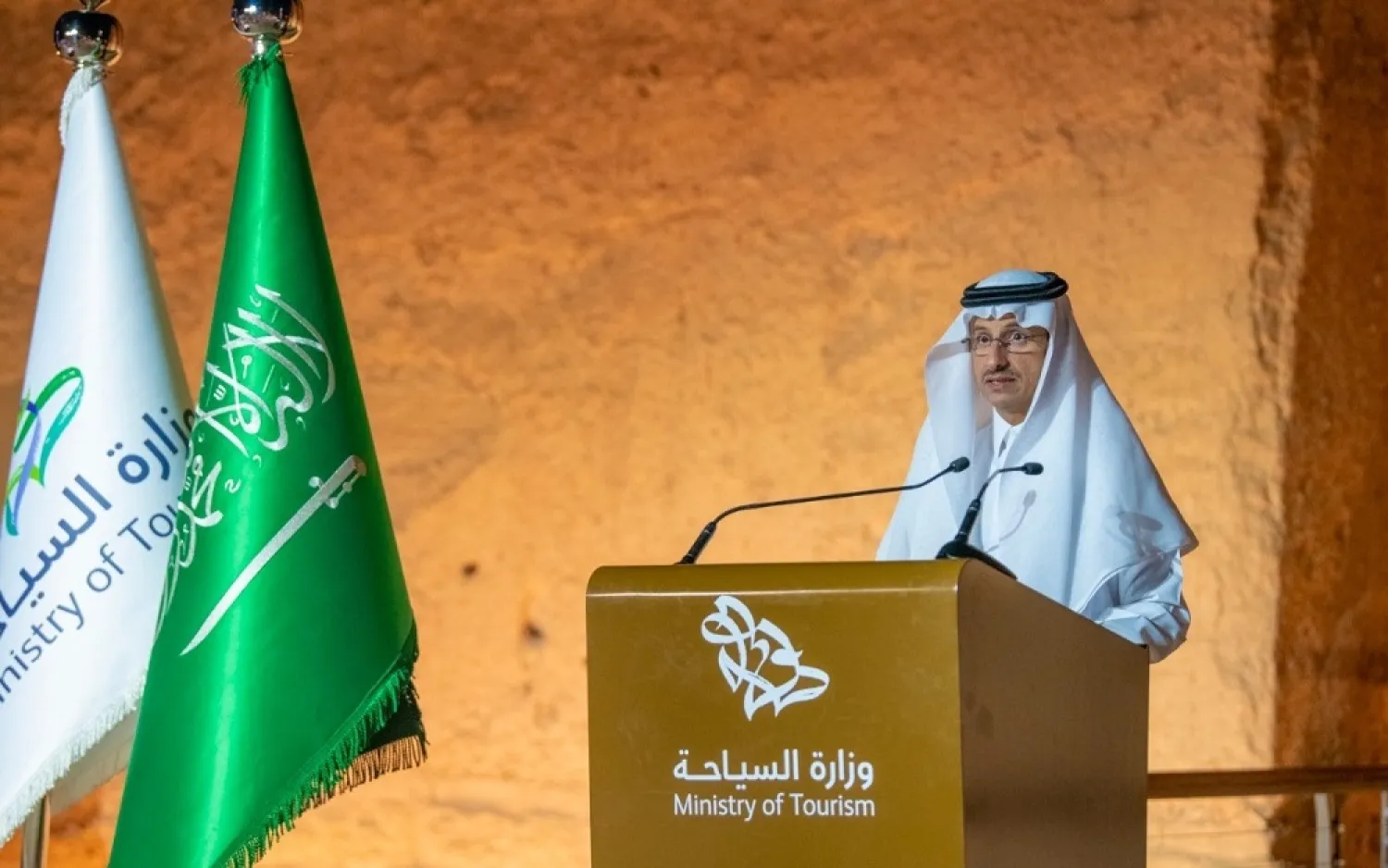Saudi Arabia rolled out on Tuesday a 20-program strategy designed to develop human capital in the tourism sector and with the aim to create over a million jobs by 2030.
The strategy is an extension of the Kingdom’s Vision 2030 and its tourism development program which is focused on achieving overall growth in domestic tourism revenues.
The strategy was announced at an inauguration ceremony organized by the Saudi Tourism Ministry in the town of Diriyah.
Minister of Tourism Ahmed Al-Khatib said that the strategy gives the promise of creating more tourism sector jobs.
A million jobs will be created in the tourism sector by 2030, he said, pointing out that the Kingdom had opened up its doors to tourists from around the world a year ago.
As of September 28, 2019, tourist visas have been issued by Saudi authorities on a one-year, multiple-entry basis, allowing them to spend up to 90 days in the country.
Al-Khatib highlighted that the new strategy encompasses 20 programs offered through international and local partnerships and was formulated to draw clear lines so that the younger generation in the Kingdom would engage in the tourism and hospitality professions.
He stressed that his ministry desires to qualify young Saudi female and male citizens according to international hospitality standards.
The Tourism Ministry has a clearly defined nationalization strategy in the sector as increasing the rates of localization in the sector would enable tourists to interact with citizens and experience Saudi hospitality.
Al-Khatib talked about the work needed for the sector to recover across the world after being hit by the coronavirus pandemic.
The minister revealed that about 100 million jobs have been affected by the pandemic since the beginning of 2020.









